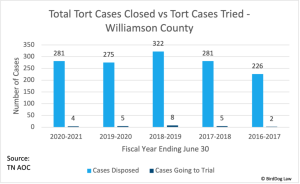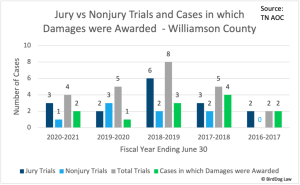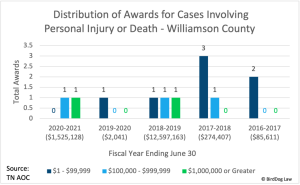The Los Angeles Times reports that a new trial has been ordered in an Orange County medical malpractice after the winning lawyer posted an online celebration video saying the case involved “a guy who was probably negligently killed but we kind of made it look like other people did it.” [The video still on line only has the last part of this statement. I do not know the accuracy of the first portion of the statement attributed to the winning lawyer but the article says the judge referenced it.]
The Times reported that the judge said ““When he says on video a ‘guy was probably negligently killed,’ probably is more likely than not. Then he goes on to say, ‘But we kind of made it look like other people did it,’” [and] ‘[t]That seems like an admission of negligence. Seems like an admission the plaintiff should have prevailed.’”
According to the article, Plaintiff’s counsel said defense counsel “had improperly pointed the finger at other medical personnel as culpable in Sanchez’s death, contrary to an agreement not to do so, and later bragged about it on tape.”






